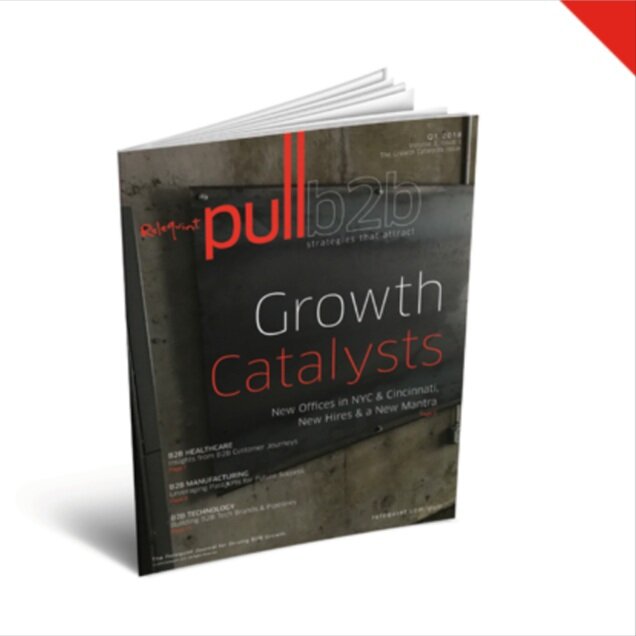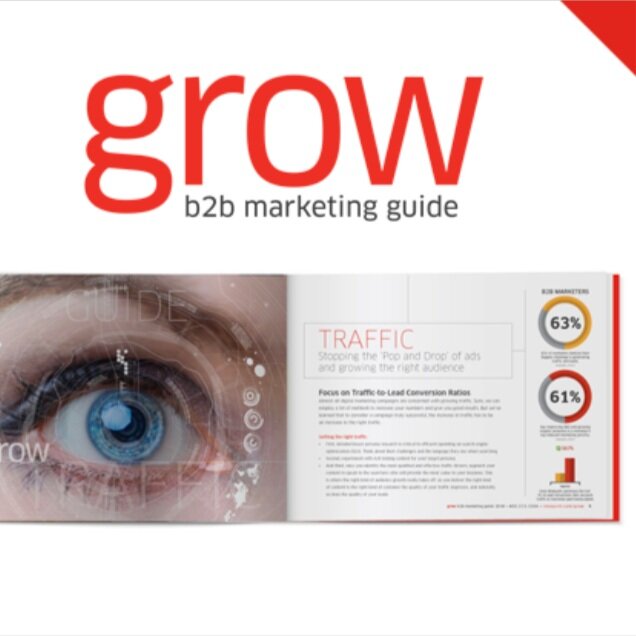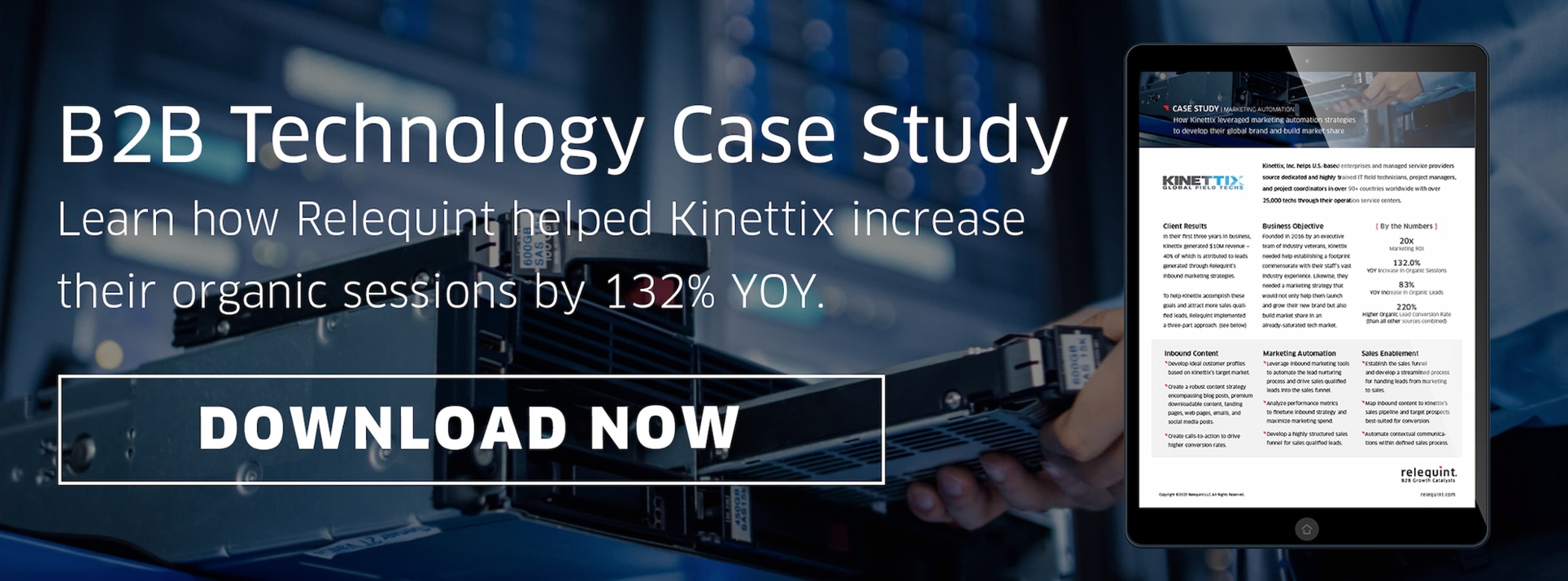 There's a reason AI adoption has grown in leaps and bounds over just the past four years. According to Harvard Business Review, the industry tripled back in 2017 and continues to expand. Today, 71% of business leaders say machine learning is a game-changer.
There's a reason AI adoption has grown in leaps and bounds over just the past four years. According to Harvard Business Review, the industry tripled back in 2017 and continues to expand. Today, 71% of business leaders say machine learning is a game-changer.
Despite its industry-disrupting growth, only around 20% of B2B companies currently use AI in sales and marketing. As it turns out, around 66% are still in the planning and early implementation phases. They're sticking their toes into the cold swimming pool, but they're still hesitant about diving in.
Within almost every organization, there is a healthy amount of skepticism as well as confusion about how to implement machine learning without (negatively) disrupting existing operations.
We see this as a knowledge gap and a significant opportunity to share practical ways B2B technology companies can step into that pool — even if they aren't ready to go all in yet.
Higher Quality, More Efficient Lead Generation
Did you know around 73% of leads that reach sales aren’t ready to buy? No wonder many companies report that sales and marketing aren't working together as well as they could. All the sales-ready indicators are there, only to have that lead fall apart in sales.
The result? Resentment and undue pressure on both sides.
Traditional lead nurturing strategies have marketers sporadically viewing data, not viewing the whole picture. Customer acquisition cost would skyrocket if you hired enough humans to do this more consistently. Instead, you probably use industry "proven" measures to determine if a lead is ready for sales. But what works for one B2B technology company may not for another.
Machine learning leverages predictive analytics to consistently and continuously assess your customer data and determine when YOUR customers are ready for sales, not when they should be ready by arbitrary standards.
1:1 Attention Without Hovering
It's like having a personal sales rep attending to a lead's every need — without the pressure of someone looking over their shoulder. People resist marketing or sales applying too much pressure too soon or hovering, waiting to be needed. The mere presence of a human during early phases of the buyer's journey can feel pressuring to many people. With that said, they often do need personalized assistance, especially when comparing B2B technology options.
Machine learning can provide this helping hand exactly when a customer needs it without the pressure. Tools like intuitive chatbots allow a lead to feel in control of the decision-making process — which is critical. But at the same time they offer a personalized helpful experience because AI can assess — and in some cases, predict — what they need, when they need it, and provide that support.
Chatbots can help your brand build a relationship with a customer, showcasing both your product and resource availability to increase trust and connection with your B2B technology company.
Maximized Personalization
Yes, marketers have been talking about the importance of personalization for a decade now. But during that time, things have changed. Personalization isn't just attention-grabbing. Today’s B2B technology customers expect it.
The key, though, is it needs to feel natural and not highly intrusive. AI-powered social listening tools can help you track brand reputation in real-time, start conversations with customers at the perfect time, and enhance your lead generation strategies by creating more relevant, helpful, and higher converting content for your inbound marketing.
You may already be using basic versions of these tools that can track mentions and keywords, but more advanced machine learning tools can track across social platforms, combine social data with website data, and help paint a broader picture of the brand experience. It can then drill down as needed to various buyer personas to support enhanced brand messaging within that target.
After-Sale Support
Customer reviews and testimonials are the lifeblood of most B2B technology companies. But it's not always the instantly delighted customer who writes the stellar review. Sometimes it's the customer who had some frustrations — even if you resolved their issue as quickly as you could.
Once again, chatbots can direct customers to the best resources to answer their questions and minimize any discontent.
While this may seem straightforward, consider the many roundabout ways people ask questions. Machine learning can combine browser-specific customer data with past customer questions to provide the most meaningful solutions to your B2B customers. And because it's learning, the longer the technology is in place, the better it works.
Not only can this increase 5-star reviews to provide the social proof you need for lead generation. It also frees up customer care representatives so that they have more quality time to spend with customers who need human support.
Customizable Solutions for Your B2B Technology Company's Problems
The great thing about AI is that it can become what you need — whatever that looks like to your B2B technology company. What's hindering the generation of sales qualified leads? What's bogging your team down or making it hard to see where they should place priorities to cut acquisition costs, improve the marketing-sales collaboration, and increase your marketing ROI? Machine learning can support you where you need it.
If you want to see a real-world example, we invite you to download this case study and learn how one B2B tech company gained market share in an already-saturated IT market and increased organic lead conversions by 220% through practical machine learning-supported solutions. ![]()







 By
By 
